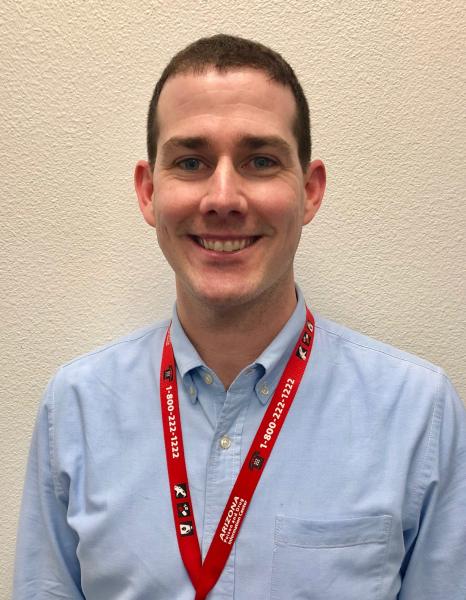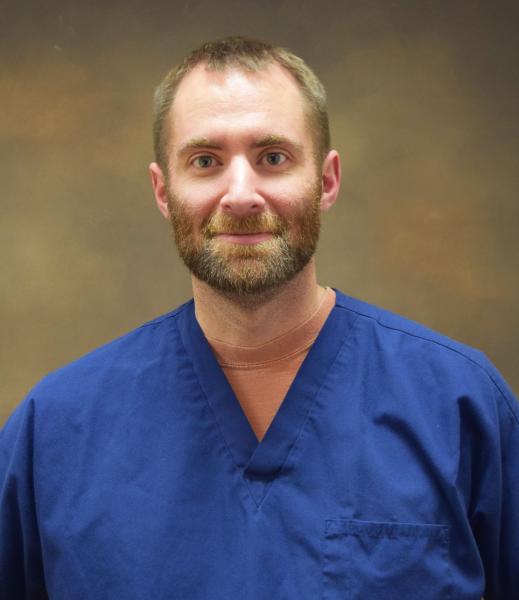
Below you will find answers to the questions we get asked the most about the Clinical Toxicology Fellowship from our current medical and clinical fellows.
Bryan Wilson, MD - Medical Toxicology Fellow

1. How did you end up doing the fellowship?
I was considering it in medical school and throughout residency. Sub-specialty training in toxicology offers a nice counterbalance to the emergency department. I love the pathophysiology and pharmacology of the field, the chance to slow down and more thoroughly think through a patient, and the chance to develop an expertise in narrow niche.
2. What is a typical day like as a fellow?
In general, the day starts with pre-rounding and orienting any rotators followed by rounds, bedside evaluations, and then educational activities in the afternoon. Sometimes urgent patient care issues alter the flow of the day and sometimes unique opportunities such as a conference, field trip, lecture, course, etc. will take us away from our normal responsibilities at the poison center.
3. What do you enjoy most about the fellowship?
Being surrounded by other people who are just as excited about toxicology as I am. In particular, I love envenomations and appreciate the chance work in a place that sees so many snakebites and has so many other people excited to talk about snakes, venoms, antivenoms, and other venomous animals.
4. What is the most difficult/challenging part about the fellowship?
There are so many opportunities that it can be easy to overload your plate and wind up overcommitted. Learning to balance the desire to get involved with exciting projects against the time available to get them done can be challenging especially with how unpredictable the clinical side of things can be.
5. What advice would you give to someone whot wants to apply?
It really comes down to figuring out what you want out of toxicology and what you need to get there. Toxicology is such a broad field and being a toxicologist can mean a lot of very divergent careers. Once you know where you’re trying to go with your career, figuring out which fellowships will be the most helpful in getting you there becomes a lot easier. Beyond that, it’s just making sure the people and the city are a good fit.
GEOffrey smelski, pharmd - clinical TOXICOLOGY FELLOW

1. How did you end up doing the fellowship?
I was pursuing a career in toxicology since the beginning of pharmacy school, and this program was the best fit for me.
2. What is a typical day like as a fellow?
It depends whether or not you are on call. On call days you are leading a group of rotators and constantly being distracted to answer questions, as well as teaching the rotators throughout the day. When not on call, typically you will either be working on projects or assisting the fellow on call with the daily activities.
3. What do you enjoy most about the fellowship?
Literally everything! The toxicology fellowship is great if you are passionate about toxicology. If not, then it is not likely going to be a good fit.
4 What is the most difficult/challenging part about the fellowship?
The long hours in combination with the life and sleep disruptions of being on call.
5. What advice would you give to someone whot wants to apply?
All of the programs are unique, look into them all. Find out which ones you think that you may be successful in, then take some time to figure out where exactly you want to go after fellowship and aim for the program that will best help you get there.




